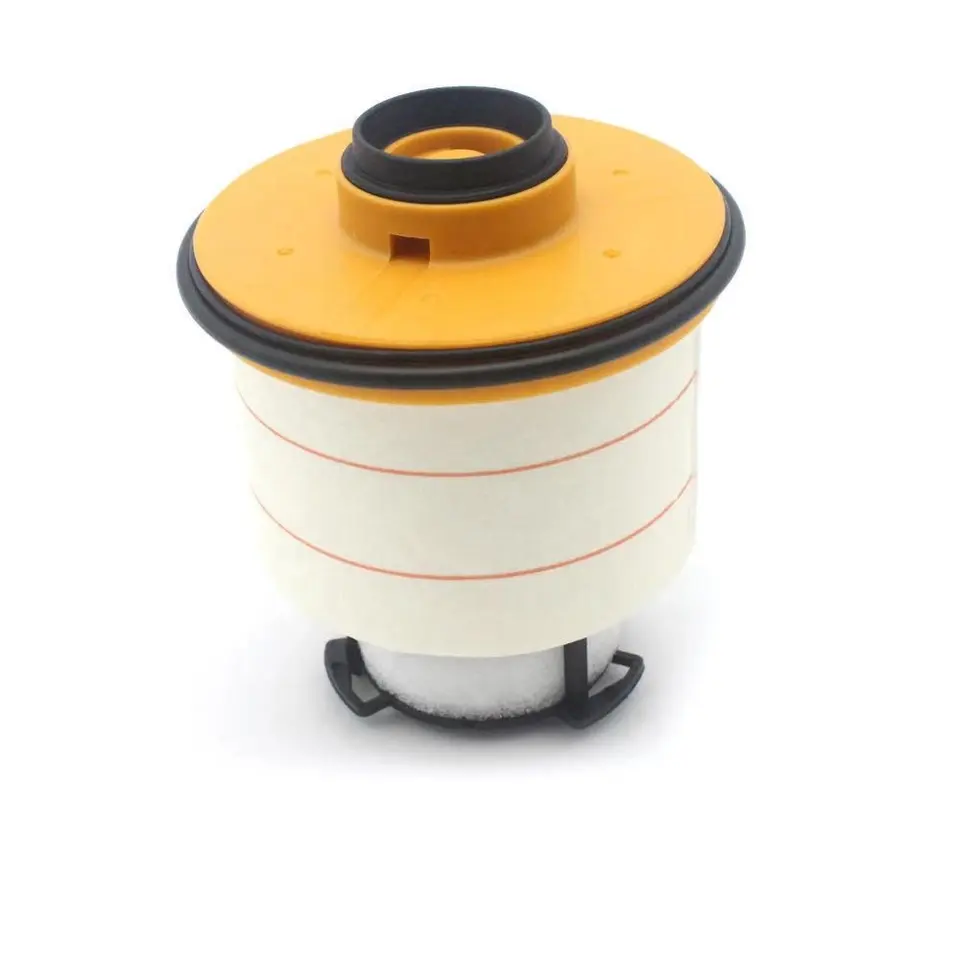Oct . 01, 2024 09:23 Back to list
OEM Aircraft Engine Oil Filter for Enhanced Performance and Reliability
Understanding OEM Aircraft Oil Filters Ensuring Safety and Performance
In the aviation industry, safety and performance are paramount. One critical component that ensures the smooth operation of an aircraft's engine is the oil filter. More specifically, Original Equipment Manufacturer (OEM) aircraft oil filters play a vital role in maintaining engine health, efficiency, and longevity. This article delves into the significance of OEM aircraft oil filters, their advantages over aftermarket alternatives, and best practices for their use.
What Are OEM Aircraft Oil Filters?
OEM aircraft oil filters are specifically designed and manufactured by the same companies that produce the engines or the aircraft. They are made to meet the exact specifications set forth by the aircraft or engine manufacturers, ensuring optimal performance and compatibility. These filters are engineered to remove contaminants from the engine oil, thereby protecting the engine from wear and tear, overheating, and potential failures.
The Importance of Quality
The aviation industry is heavily regulated, with stringent standards governing aircraft maintenance and safety. Using OEM parts, including oil filters, is not just a recommendation but often a requirement to comply with aviation safety standards. The quality and reliability of OEM parts mean that they have undergone rigorous testing and quality assurance processes. By choosing OEM aircraft oil filters, operators can rest assured they are using components that meet the highest industry standards.
Benefits of Using OEM Aircraft Oil Filters
1. Compatibility OEM oil filters are specifically designed for particular engine models, ensuring a precise fit. This compatibility helps prevent oil leaks and maximizes the efficiency of oil flow throughout the engine.
2. Performance The use of OEM filters directly correlates with engine performance. These filters are optimized for the specific needs of the engine, providing superior filtration and ensuring that the oil remains clean and effective in lubricating engine parts.
3. Durability OEM filters are built to withstand the operational stresses of aviation. They are designed for longevity, meaning they can often endure longer service intervals than aftermarket alternatives, minimizing the need for frequent replacements.
4. Peace of Mind Using OEM components provides confidence to operators, knowing that they are adhering to the best practices for flight safety and reliability. In an industry where failure is not an option, following OEM guidelines is a critical aspect of safety culture.
oem aircraft oil filter

5. Warranties and Support OEM parts often come with warranties that are not available with aftermarket options. If an OEM filter fails or causes damage, manufacturers are more likely to provide support and cover costs associated with repairs.
Challenges of Aftermarket Alternatives
While aftermarket oil filters may be tempting due to lower costs, they pose several risks. These filters may not meet the same specifications as OEM parts, leading to potential compatibility issues and inadequate filtration. In some cases, they might even invalidate manufacturer warranties, exposing operators to financial liabilities in the event of an engine failure caused by subpar filtration.
Best Practices for Maintenance
To ensure the effective functioning of OEM aircraft oil filters, operators should adhere to best practices
1. Regular Inspections Conduct routine inspections of oil filters as part of a thorough maintenance schedule. Look for signs of wear, damage, or contamination.
2. Adhere to Service Intervals Follow the manufacturer’s guidelines for service intervals. Timely replacement of oil filters is crucial for maintaining engine performance and health.
3. Use Certified Technicians Always employ certified aviation maintenance technicians for installation and replacement of oil filters. Their expertise is vital for ensuring that all components are installed correctly.
4. Keep Records Maintaining detailed maintenance records can help track the condition of oil filters and other critical components. This practice supports compliance with safety regulations and enhances operational safety.
Conclusion
In summary, OEM aircraft oil filters are an indispensable part of aircraft maintenance, ensuring the safety, efficiency, and longevity of aircraft engines. Their custom design, high-quality construction, and reliable performance make them the superior choice for aviation professionals. By investing in OEM parts and adhering to best maintenance practices, operators can ensure not only operational efficiency but also contribute to the overall safety of air travel. In an industry where safety is non-negotiable, the choice of oil filters is a crucial decision that should not be taken lightly.
-
Toyota Corolla Hatchback Cabin Air Filter – High Efficiency & Easy Installation
NewsJul.08,2025
-
Premium Canister Fuel Filter Supplier High Quality Oil Filtration Solutions
NewsJul.08,2025
-
Premium Car Filter Oil Solutions Leading Car Oil Filter Exporter Hyundai Car Oil Filter Exporters
NewsJul.08,2025
-
Buy 17x21x1 Air Filter – Improve Air Quality & HVAC Efficiency Affordable Air & Cabin Air Filter Cost
NewsJul.07,2025
-
High-Performance Filter Element Fuel – Durable, Efficient & Cost-Effective Solutions
NewsJul.07,2025
-
High-Quality Engine Filter and Cabin Filter for Superior Airflow Affordable Cabin and Engine Air Filter Cost
NewsJul.07,2025


